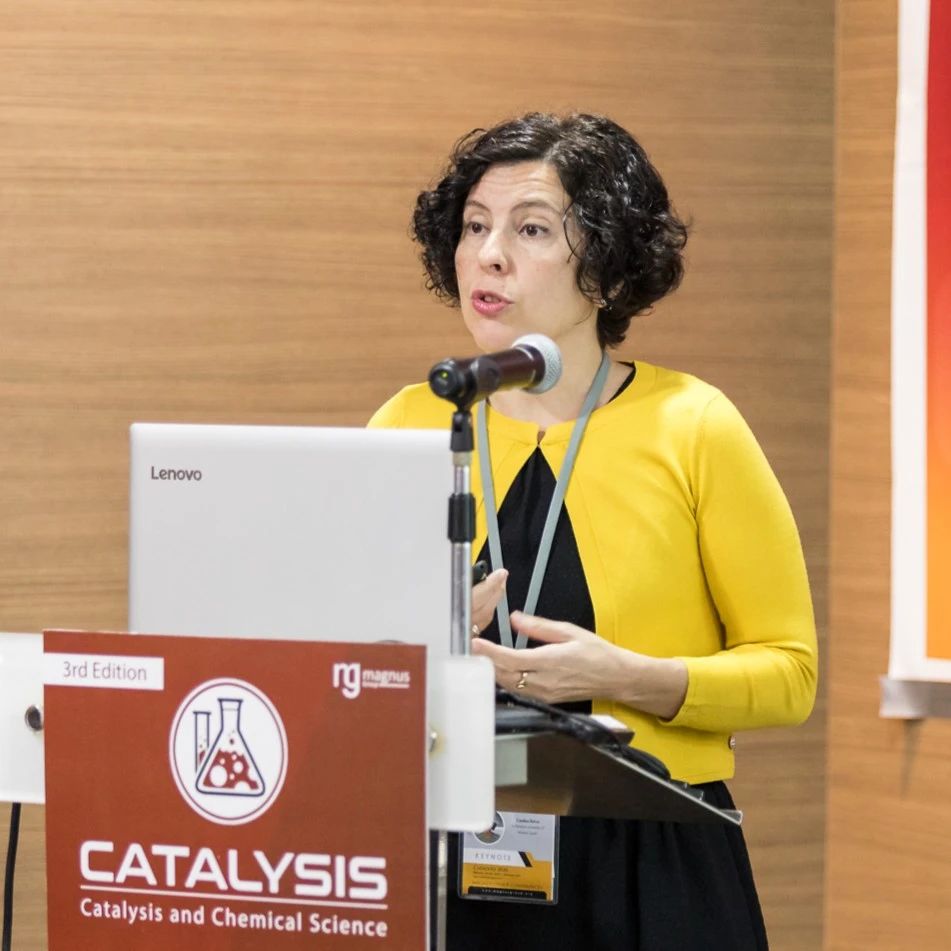讲座题目:Degradation of emerging contaminants using sunlight photocatalysts based on MOFs
主 讲 人:Carolina Belver 副教授
主 持 人:关小红 教授
讲座时间:4月11日 9:00
讲座地址:闵行校区 资环楼269室
主办单位:生态与环境科学学院、科技处
报告人简介:
Carolina Belver is Associate Professor in the Department of Chemical Engineering at the Autonomous University of Madrid (Spain). She received her PhD degree in 2004 from the University of Salamanca (Spain). Her specialization and research deal with designing, processing, and evaluating novel materials for applications in environmental remediation and energy, mainly focused on photocatalysis.
Co-author of 100 referred publications and 13 chapter books, she has received more than 5300 citations with a H factor of 44. She has been involved in more than 30 research projects from different entities: European, national, integrated, or cooperative with other countries, and several research contracts with private companies. She received 2013 a Fulbright Fellowship in recognizing her accomplishments in her career as a researcher. She is Co-Editor in Chief of the Applied Catalysis B and Executive Editor of the Chemical Engineering Journal.

报告内容简介:
The development of technologies for the treatment of contaminated water is currently receiving special attention, stimulated by the growing importance of water efficiency and the reuse of treated wastewater. In this field, there is growing concern about the presence of contaminants of emerging concern (pharmaceuticals, personal care products, pesticides, etc.) in surface and groundwater. Among those technologies, photocatalysis receives great attention as it offers the possibility of using sunlight as a sustainable and renewable energy source.
Photocatalysis is based on the use of a semiconductor which, when subjected to solar radiation, can induce the oxidation of the organic compounds. The latest advances in this technology focus on studying the chemical nature of semiconductors to improve their electronic and optical properties, enhancing their photo-response to sunlight. In this sense, several materials are being studied as photocatalysts, such as metal oxides, carbon nitride, organo-inorganic hybrids, or more complex heterojunctions, among others. This presentation will give an overview of the design of photocatalysts based on MOFs for the removal of contaminants of emerging concerns using solar radiation and the approaches being studied to improve their photocatalytic performance. Special attention will be given to strategies to improve their efficiency as well as their stability and future perspectives.